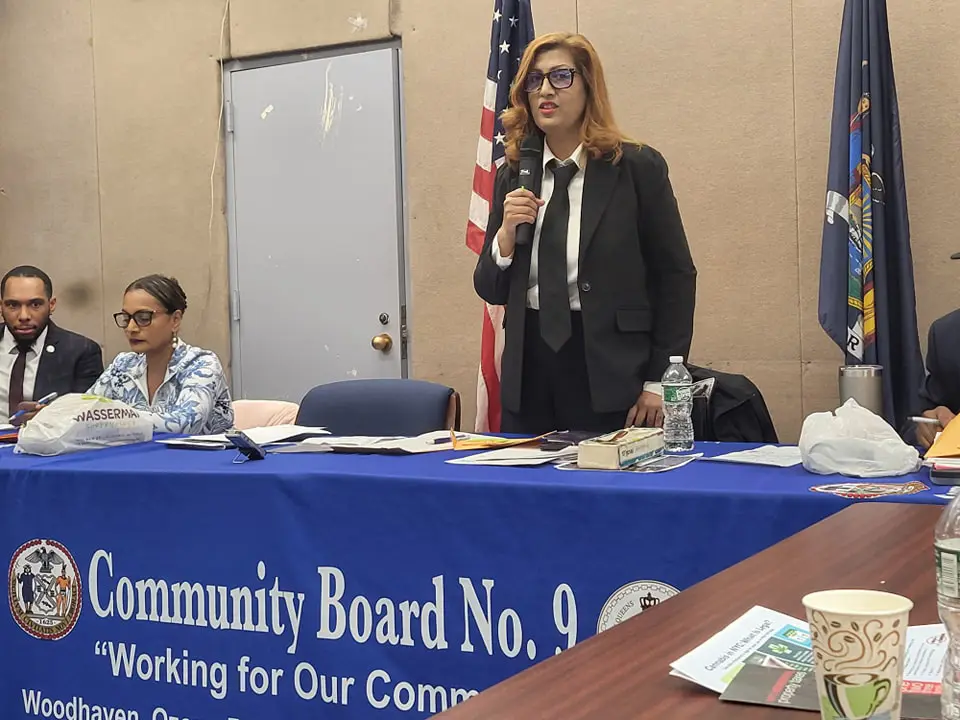Frustrated civic leaders in central Queens, represented by Community Board 9, are taking a stand against the proliferation of illegal cannabis shops in their neighborhoods. Chairwoman Sherry Algredo emphasized the negative impact these unlicensed establishments have had on the community and stated their opposition to any newly licensed cannabis shops until the illegal ones are shut down.

Regulatory Landscape
Under New York state law, applicants for cannabis licenses must engage with and seek approval from the community board of the area where they intend to operate. While these recommendations are advisory, they carry weight with state regulators, influencing the decision-making process.
Challenges of Enforcement
Despite the recent enactment of tougher laws aimed at combating unlicensed cannabis shops, enforcement has yet to materialize. Previous crackdowns often resulted in temporary closures, only for these illicit establishments to reopen shortly afterward. City officials have acknowledged the persistence of the issue and have hinted at imminent actions to address it.
Community Board Stance
James McClelland, the district manager of CB 9, reiterated the board’s stance, emphasizing that they will not consider applications for legal cannabis shops until the existing illegal ones are eradicated. This position underscores the community’s determination to prioritize shutting down unlicensed operations before permitting new ones to open.
Anticipated Crackdown & Quality of Life Concerns
City officials have signaled potential raids and enforcement actions against illicit cannabis shops, aiming to curb the estimated thousands of illegal establishments across the five boroughs. Sheriff Anthony Miranda highlighted ongoing efforts to address the issue systematically and methodically, indicating a sustained commitment to cleaning up the illegal market. Community boards, including CB 13 in southern Brooklyn, have expressed reservations about the proliferation of legal cannabis shops in their neighborhoods. Concerns about proximity to schools, places of worship, and the potential impact on quality of life have led to opposition to current license applications.
Legal Restrictions
Licensed cannabis dispensaries face strict regulations regarding their proximity to sensitive locations such as schools and houses of worship. These legal constraints aim to mitigate potential negative effects on communities and ensure responsible operation within designated areas.

However, community leaders in central Queens and other areas of New York City are calling for decisive action against illegal cannabis shops before considering licensing new ones. Their stance reflects a commitment to addressing quality-of-life concerns and ensuring responsible regulation in the evolving landscape of cannabis legalization.
